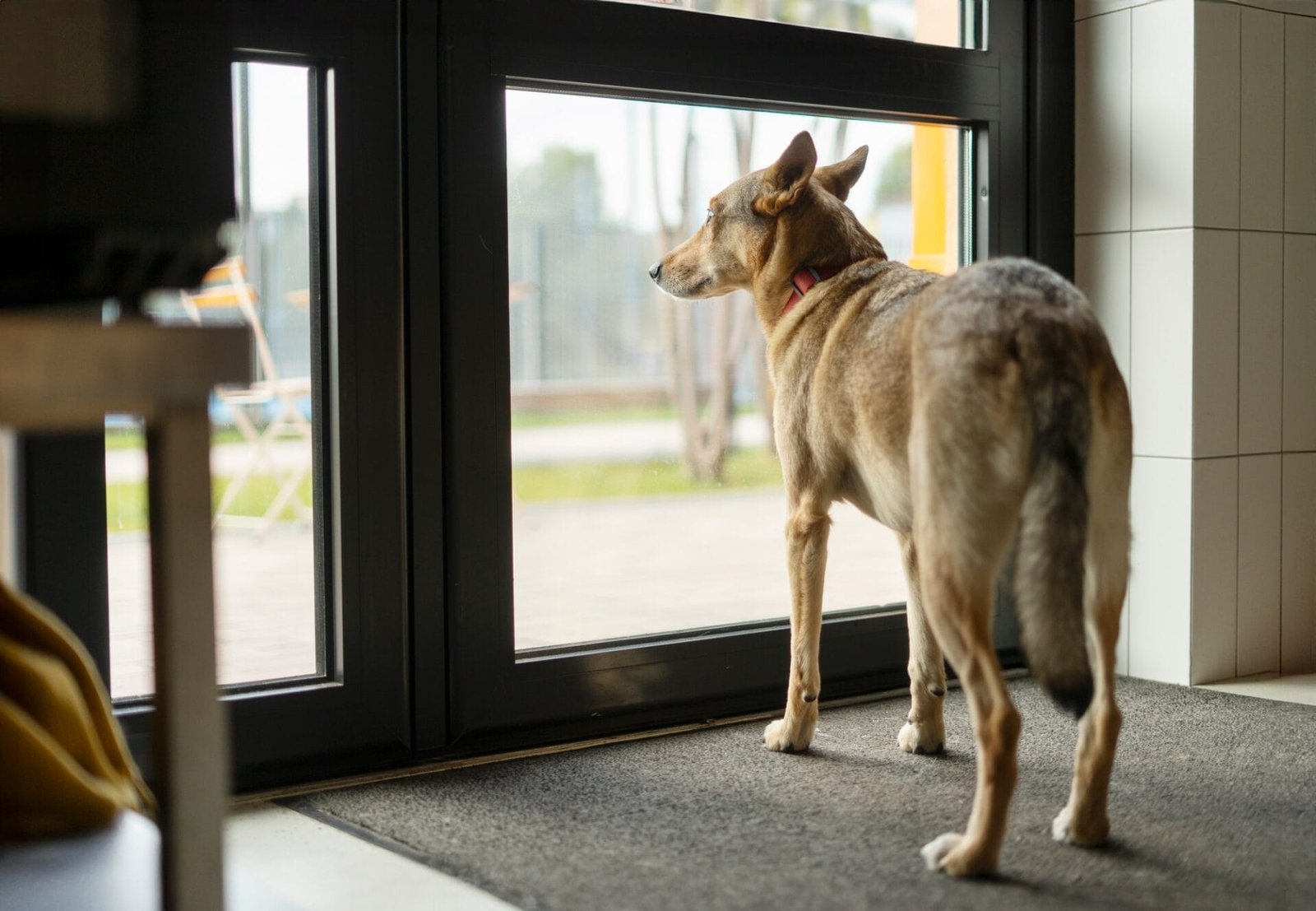As a proud dog owner, you naturally always want the best for him or her. And that also applies when it comes to food. Not sure if you can give your dog honeydew melon? No worries, we are going to discuss everything here.
Is honeydew melon toxic to dogs?
You've probably heard that some foods can be toxic to dogs. But what about honeydew melon? Fortunately, honeydew melon is generally safe for dogs to eat. It does not contain any substances that are harmful to them.
Can dogs have honeydew melon in moderation?
Although honeydew melon is safe for dogs, you should still give it in moderation. Too much honeydew melon can lead to stomach upset and diarrhoea in your furry friend. So, give it as a treat, but keep it in small portions.
Different varieties of honeydew melon
There are several varieties of honey melon, but the most common is the Cantaloupe melon. It has a sweet, juicy flavour and is perfect for dogs to enjoy. Just make sure you remove the rind and seeds before giving it to your dog.
Allergic reactions
Like humans, dogs can be allergic to certain foods, including honeydew melon. So always pay close attention to your dog's reaction after eating honeydew melon. If you notice your dog behaving differently or showing symptoms such as itching or vomiting, stop giving honeydew melon and consult a vet.
Nutritional values of honeydew melon per 100g
Honeydew melon is not only delicious but also nutritious for both humans and dogs. Let's take a look at the nutritional values of honeydew melon per 100 grams so that you can get an idea of what this juicy fruit has to offer.
Calories: 34
Carbohydrates: 8 grams
Fibres: 1 gram
Vitamin C: 36% of daily requirement
Vitamin A: 30% of daily requirement
Potassium: 5% of daily requirement
What should you pay attention to?
Before giving honeydew melon to your dog, make sure you remove the skin and seeds, as these can pose choking hazards. In addition, it is important to cut it into small pieces to avoid choking hazards.
Summary
So, can a dog eat honeydew melon? Yes, honeydew melon is generally safe for dogs to eat, but give it in moderation to avoid stomach upset. Always remove the skin and seeds and watch out for possible allergic reactions. If you follow these guidelines, your furry friend can enjoy this delicious treat from time to time!










